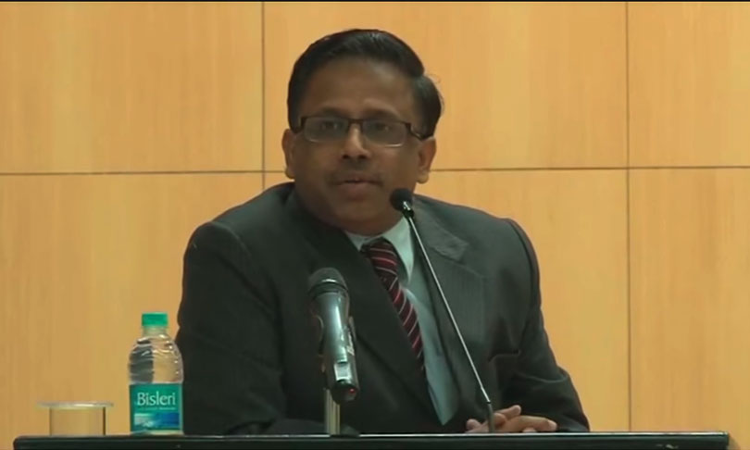Shadow Of Criminal Tribes Act 1871 Still Looms Large : Supreme Court Judge Justice KV Viswanathan
Gyanvi Khanna
3 Sept 2023 9:22 AM IST

Next Story
3 Sept 2023 9:22 AM IST
Justice KV Vishwanathan delivered the keynote address on “Policing of Habitual Offenders: The Enduring Legacy of the Criminal Tribes Act in India” to commemorate Vimukta Day(August 30). This day marks the repeal of the Criminal Tribes Act 1871 (Act). The Act was the most draconian law passed by the British colonial state, under which millions of nomadic and semi-nomadic communities...
